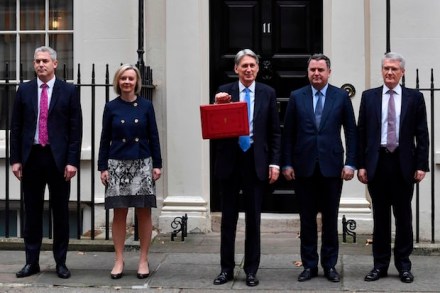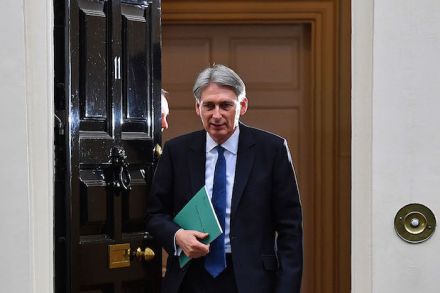Who can Philip Hammond blame for a tight Budget?
Cabinet ministers toddled up Downing Street this morning in a largely good mood. Most of them were relieved that last week’s Conservative conference hadn’t been the catastrophe that everyone had expected, and many were even happier that the conference had closed with Theresa May declaring that austerity is over. Of course, one of their number will be feeling rather less comfortable with that: Philip Hammond will now have to sift through even more bids from his ministerial colleagues for more funding, now that they believe they could be in line for the dividends of the end of austerity. The Chancellor now needs to work out a way of fobbing off




















